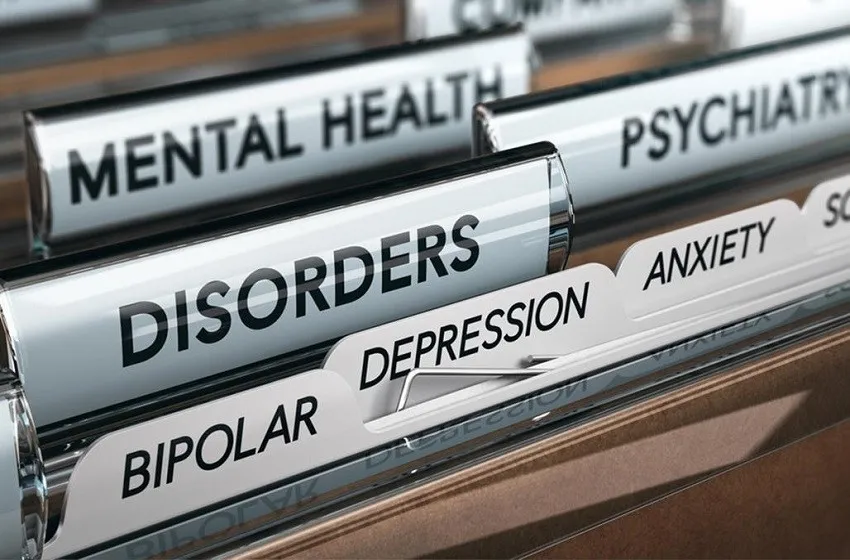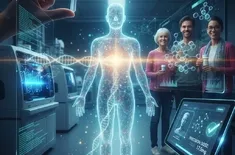Explore 10 common types of mental disorders, including anxiety, depression, and bipolar disorder. This guide provides an overview of their symptoms, potential causes, and available treatment options. Understanding these conditions can empower you to seek help if needed.
Mental health encompasses our emotional, psychological, and social well-being. It is integral to living a healthy, balanced life as it affects how we think, feel, and act. Good mental health helps us handle stress, relate to others, and make positive choices. Many factors, including biological factors, life experiences, and family history, can contribute to mental health challenges. Mental disorders often involve significant shifts in mood, thinking, or behavior and can lead to distress or problems functioning across different areas of life. Early recognition and appropriate management are crucial for better outcomes.
Here are ten common types of mental disorders:
- Depression: Characterized by persistent sadness and a lack of interest or pleasure in previously rewarding or enjoyable activities. It affects daily functioning and can lead to physical health problems.
- Anxiety Disorder: These involve excessive fear or anxiety, which can interfere with daily activities. Common symptoms include restlessness, rapid heart rate, and trouble concentrating.
- Bipolar Disorder: This disorder is marked by significant mood swings, including emotional highs (mania or hypomania) and lows (depression), affecting energy, activity levels, and the ability to carry out daily tasks.
- Post-Traumatic Stress Disorder (PTSD): PTSD can occur after experiencing or witnessing a traumatic event, leading to flashbacks, nightmares, and severe anxiety.
- Obsessive-Compulsive Disorder (OCD): OCD is characterized by unwanted and intrusive thoughts (obsessions) and repetitive behaviors or mental acts (compulsions) that a person feels driven to perform.
- Schizophrenia: A severe mental disorder affecting how a person thinks, feels, and behaves. Symptoms often include hallucinations, delusions, and disorganized thinking, impacting overall functioning.
- Eating Disorders: These include conditions like anorexia nervosa, bulimia nervosa, and binge-eating disorder, defined by harmful eating behaviors stemming from an unhealthy relationship with food and body image issues.
- Attention Deficit Hyperactivity Disorder (ADHD): Characterized by patterns of inattention and/or hyperactivity-impulsivity that interfere with functioning or development.
- Borderline Personality Disorder (BPD): BPD is marked by instability in moods, behavior, self-image, and functioning, often resulting in impulsive actions and problematic relationships.
- Dissociative Disorders: These involve a disconnection and lack of continuity between thoughts, memories, surroundings, actions, and identity. Symptoms may include memory loss and a detachment from self.
Understanding these disorders can promote awareness and encourage seeking professional help when needed. Treatment and support can lead to improved management and quality of life.



































